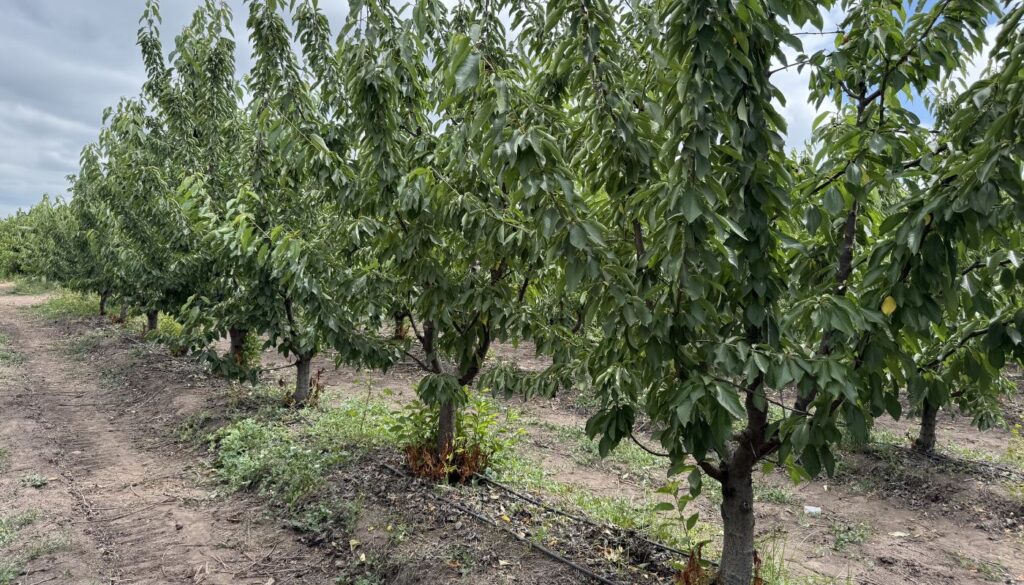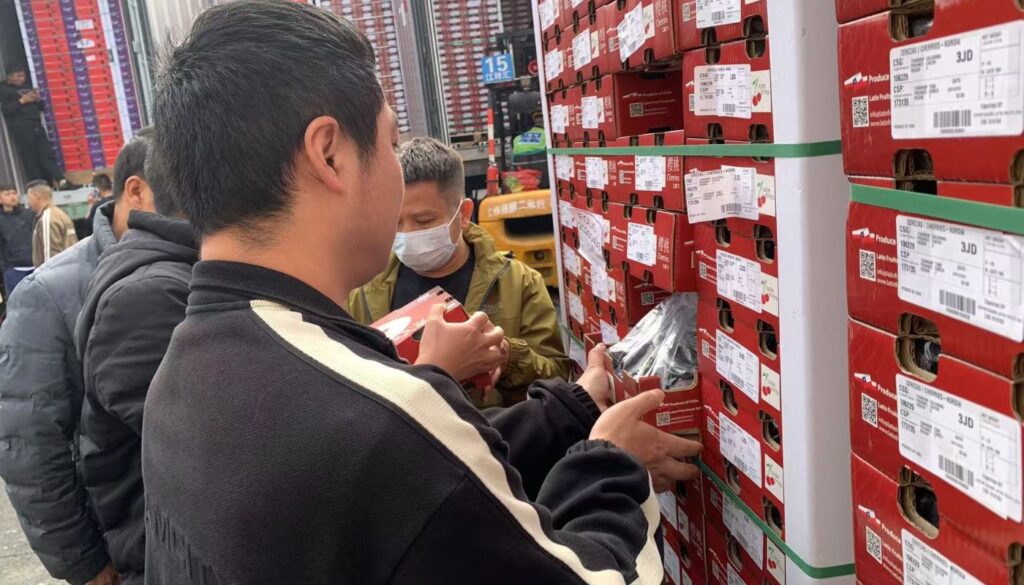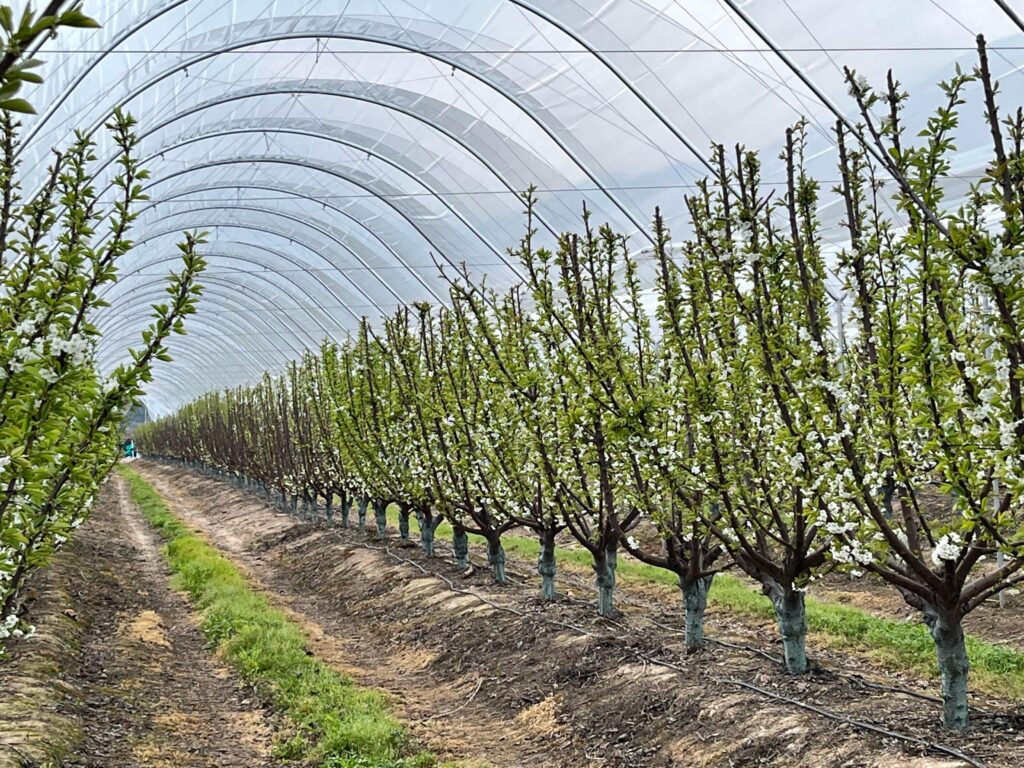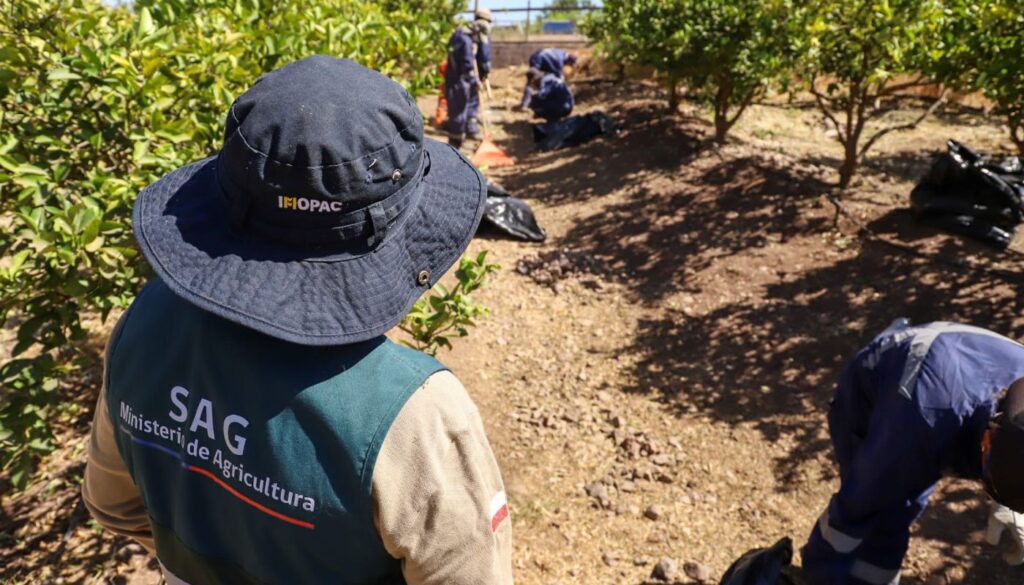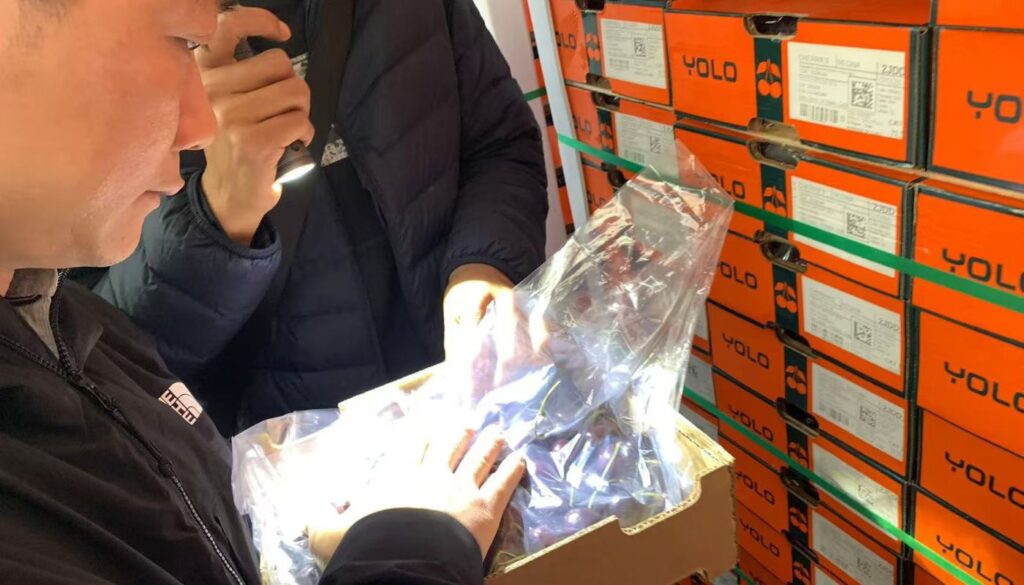Patagonia Biotechnology makes nutritional agricultural inputs and seeks to boost the seaweed market in Chile and increase its presence abroad, taking advantage of the fact that Chile has a significant bank of this natural resource that the firm has been able to take advantage of.

The brand works with algae extracts to make various types of substances for agricultural management, which benefit crops and improve their productivity. In fact, it is the creator of the Fertum brand, an organic line of fertilizers based on the aforementioned raw material and which contribute with biostimulant, soil-improving and nutritional corrective characteristics.
2023 will be a year of challenges as they will begin to cultivate their own algae and hope to strengthen their presence abroad.
“The algae used in Fertum products come from strategic alliances with fishing communities that harvest from natural banks, but we are currently planting our algae in our own maritime concessions and generating strategic alliances with some actors in the aquaculture industry who have become aware of the advantages that algae provide in terms of oxygenation of waters and capture of CO2,” says Rebeca Gálvez, co-founder and CEO of Patagonia Biotechnology.
The company is currently present in Chile, Peru, Ecuador and California. However, this year they hope to open new markets with offices in Mexico, Central America and China, as well as increasing their presence in new states in the US.
“Our goal for this year is to grow 501 TP3T and in 2024 double the sales of 2023, in order to maintain a growth rate of at least 301 TP3T annually to reach 20 times by 2027,” says Gálvez.

According to figures from Patagonia Biotechnology, in 2021, 411 thousand tons of algae were landed, of which 390 thousand came from natural banks and only 17 thousand from cultivation. For Gálvez, this demonstrates the great potential that Chile has in this area, but
There is also a need to put more emphasis on cultivation, as algae extracts are increasingly in demand for agricultural inputs, as well as for feeding farmed animals and salmon, human consumption, and nutraceutical and cosmetic products.
“Today in Chile we are exporting our raw materials without adding any value to them and the challenge is to start using this great natural resource. If we want to be a first world country, we must add value to our raw materials, generating more jobs and income,” concluded the CEO of Patagonia Biotechnology and Fertum.



